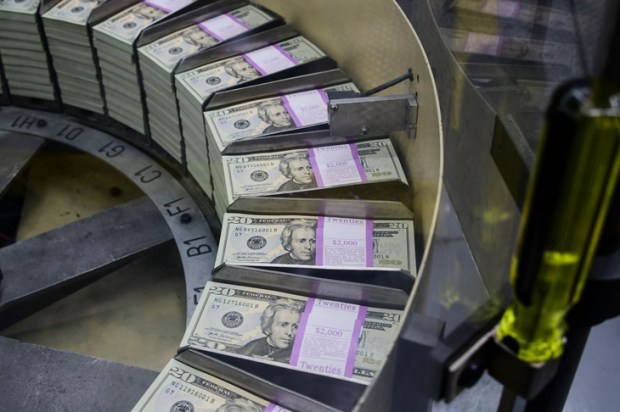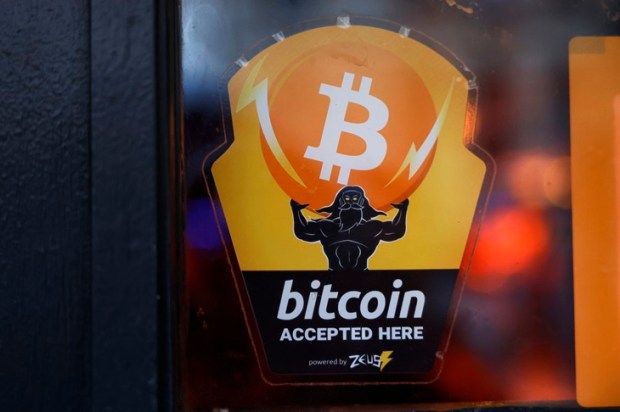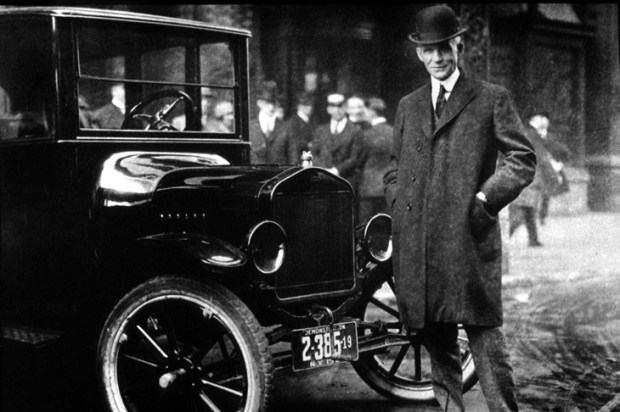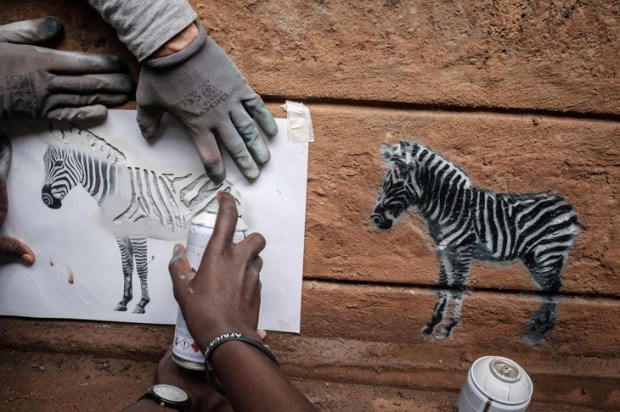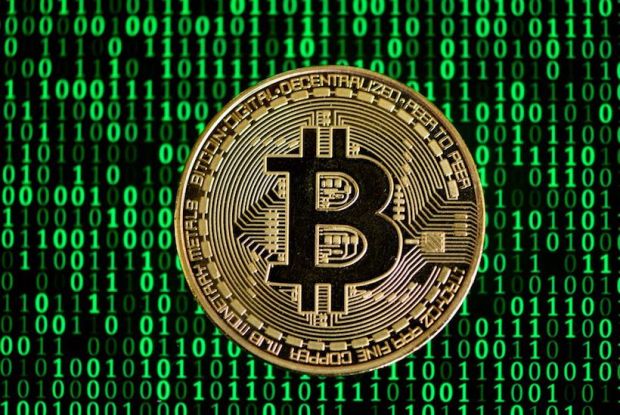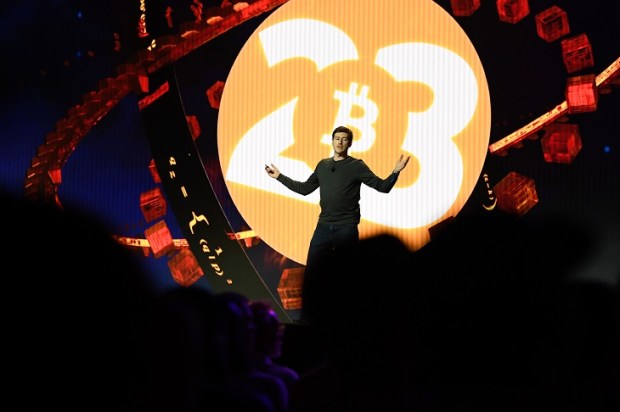Within 30 seconds of arriving and getting into a taxi, an air raid siren went off across the city. The taxi driver paid no attention to it so I did the same. The streets still had people walking around and the cars didn’t seem to be trying to get to safety.
The taxi driver didn’t speak English but he mimed in a way that gave me the impression the sirens were a constant occurrence and usually false alarms. The first time you hear the wail you feel worried. The second time you feel a little less. When it happens multiple times a week you begin to feel nothing. I was still new to the country so I felt a small sense of eeriness. It began to get dark as we drove towards the city and curfew was approaching so the streets began to empty. This only added to the overall feeling of strangeness.
The driver dropped me at the hotel and as I was checking in an African American soldier from the US came over to me. He was wearing army camouflage pants and had an odd energy to him. He got right in my face without realising.
‘Are you legion?’ He said this quickly and without an introduction. He seemed hyped up and I didn’t understand the words.
‘What?
‘Are you legion?’ He repeated.
‘I don’t know what you’re talking about.’
‘Legion. You know, the legion?’
It clicked and I realised he was talking about the volunteer foreign legion made up of people from the US and Europe who had come here to fight.
‘Ah… The foreign legion. Sorry, it’s been a long day and I only crossed over the border today. I’m not here to fight. I write stories.’
‘I thought you were legion. I heard you speaking English so I came over. I’ve got heaps of stories. I was in Kherson and my commander got blown up. He’s dead.’
His story didn’t seem real. He told it too willingly and was almost boasting but I didn’t say anything. I was also still in the process of checking into my room so one ear was focused on the hotel clerk giving me information and the other ear was being filled with stories of dead commanders.
When I finished checking in I shook the soldier’s hand and told him I’d see him around.
‘Come down to the bar later and I’ll tell you some more stories,’ he said, as I followed the hotel clerk to my room.
I think he was hoping I’d write about him but it was obvious everything he said would need to be taken with a grain of salt. All I wanted to do was sleep so I never went down to the bar.
The next morning I woke up and opened the windows. It was a bright sunny day and I heard someone speaking English a few metres up from the hotel. My room was on the second floor so I could look down into the courtyard and hear everything without being seen.
It was the soldier from the previous night. Outside the hotel was an elderly Ukrainian man fixing an old car with the hood up. The soldier had stopped in front of the car to look at the work being done.
‘Back in America this car would be worth a lot of money.’ I heard the soldier say, but I didn’t know who he was talking to.
The car looked like it belonged in the 1960s. The soldier seemed oblivious to the fact that the owner wasn’t a car collector. He didn’t understand people had old cars from the 60s because that’s all they could afford, old Soviet relics that still ran because the same owner had worked on it for 50 years.
‘This is a nice car,’ the soldier said again, in the direction of the old man.
It wasn’t a nice car at all. It was a rusty dump. But I had a feeling the soldier was only warming up and wanted to make a point about something.
‘Yeah. It’s a real nice car. I’d like to buy something like this and take it back to the US with me.’
He was basically talking to himself but doing it loudly and every word came into my window clearly.
‘Would you accept rubles for this car?’
The Ukrainian man didn’t really understand the question and it was obvious he wanted to continue his work.
‘Rubles. Would you accept Rubles?’ The soldier repeated.
‘No, no, no rubles.’ The owner finally understood the proposition and replied in broken English.
The Ukrainian currency is called the Hryvnia so I didn’t understand why the US solider was talking about Russian rubles but then the answer came.
‘Of course you don’t accept rubles. But if it wasn’t for people like me you would. If it wasn’t for me Russia would’ve taken over this area by now.’
The soldier walked away. He’d said everything he wanted to say and I knew my impression from the previous night had been the right one. This was still in the early days of the war and most people believed it was only a matter of time until Russia took the whole country.
The next day I moved into an apartment. They were easy to find because so many people had fled and left behind empty places.
In the streets the Ukrainian soldiers were everywhere, almost every street corner. Most of them looked like farmers. Big, towering oafs. I don’t mean this in a bad way. They just all had a very similar look. Almost like the big dopey guy from Of Mice and Men.
The other young men in the street were well dressed and still had trendy clothes and haircuts. It took me a while to realise most of the soldiers who signed up were from the poor villages in the countryside. The money was good compared to farming and they had a natural strength and size from working the land. The men from the cities continued living like they always had. Especially if they already had money.
Occasionally the sirens weren’t a false alarm and bombs would fall on the outskirts of the city. On one occasion I was sitting in a cafe and all the lights went off and two journalists with American accents grabbed their things and rushed off. One of the journalists was new to the city and an older one was showing him the ropes.
‘Here we go. Didn’t take long after you got here to see some action.’ I heard the older journalist say, as they rushed past me. His face was full of excitement and glee. I felt no rush to leave so I finished my drink, paid my bill, and walked home.
The bombs almost never fell in the city centre so I didn’t feel any danger but I was curious to read what the press had written about the attack so I opened Twitter and got the latest reports. The journalists all described it like the city was being attacked from all sides.
‘Bombs fall in the north, east, and south of the city.’
While technically true it was only 3 bombs in 3 different locations. But reading the article gave the impression we were surrounded on all sides and going to die at any moment. The news wasn’t necessary a lie but it’s surprisingly easy to frame things in a way that makes it very different from the reality. I understood that almost all the danger was localised to the front lines and we were a long way from there. I also knew that the further you are from danger you more likely you are to exaggerate how close you are.
Another strange thing about being in the country was having your illusions shattered about the nobleness of the people there. The news told me Ukrainians were brave and noble and the greatest people on Earth but nearly every single time I went to buy something I got ripped off. One time I was buying wine and they charged me for 3 bottles instead of one. I didn’t realise at the time and didn’t care. Another time I was buying medicine and I gave the server a 200 Hryvnia note but they acted like I only gave them 100 Hryvnia and kept the change. This kind of thing happened nearly every time I bought something. I didn’t care about the money but it was always funny reading about how great Ukrainians are in the news while having your money stolen every time you buy something.
Before the invasion Ukraine was known as one of the most corrupt countries and all of this didn’t just go away because of the war. If anything, it made it worse. It allowed people to act however they wanted but have a mighty fine excuse for doing so. After a month there I realised I hadn’t met a single person who wasn’t using the war for their own purposes.
The foreign volunteers were using it as a way to boast about actions that didn’t seem believable. The journos were excited by the bombs because it gave them something to write about. Something to exaggerate. The Ukrainian people stole every chance they got and did so with a clean conscience.
All of the real fighting, the real action, was left for the poor young farmers who were constantly seen in the back of military trucks on their way to frontline while those of us in the cities sat in the cafes and drank an espresso.


